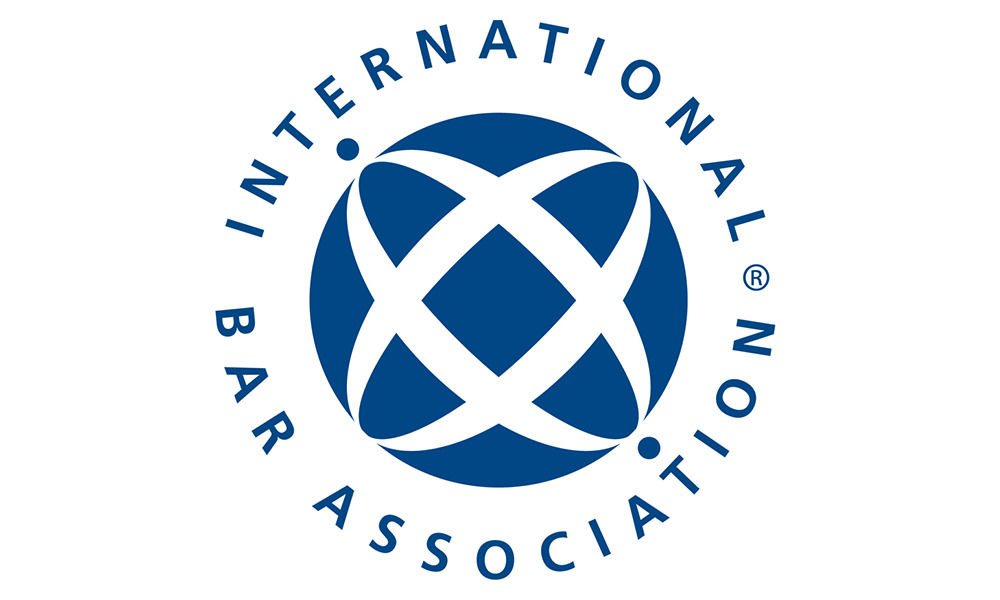The International Bar Association’s Human Rights Institute (IBAHRI) has condemned the conviction of prominent businessman and philanthropist Osman Kavala, saying the verdict is a blatant disregard for the rule of law and judicial independence in Turkey.
An İstanbul court sentenced Kavala, who was accused of financing large-scale protests against the government in 2013, to aggravated life on charges of “attempting to topple the government” while sentencing seven other defendants to 18 years each on charges of aiding the attempt.
“The failure of Turkish prosecutors to adhere to international standards on the law of evidence in Kavala’s detainment and sentencing has not only led to a harsh misdirect of justice in his case but has likely set the tone for how prosecutions of human rights defenders are to be handled by the state,” said Anne Ramberg, IBAHRI co-chair. “The anti-terrorism laws that were used to bring charges against Kavala were a thinly veiled charade.”
In her statement Ramberg called for “all charges and the decision to be nulled and for his liberty to be restored to him.”
Unless an appeals court overturns the verdict, Kavala will spend the rest of his life in prison.
The conviction of rights activists has attracted condemnation and anger from within and without Turkey and sparked nationwide protests in the country. Police on Tuesday detained 51 people who had gathered in İstanbul’s Beyoğlu district to protest the court’s verdict.
The protests in 2013 erupted over government plans to demolish Gezi Park in Taksim. They quickly turned into mass anti-government demonstrations that were violently suppressed by the government, leading to the death of 11 protestors due to the use of disproportionate force by the police.
Turkey has refused to release Kavala despite a binding judgment of the European Court of Human Rights (ECtHR) in December 2019 finding that his detention for allegedly directing and financing the Gezi Park protests of 2013 and for alleged involvement in the failed coup of July 2016 was in pursuance of an “ulterior motive,” that of silencing him as a human rights defender.
The Council of Europe’s (CoE) Committee of Ministers on February 1 decided to take action against Turkey due to the philanthropist’s continued imprisonment and ordered that the case be submitted to the ECtHR for review, officially beginning an infringement procedure against Turkey.
Kavala’s plight had soured relations between Ankara and Western nations, and a diplomatic crisis was triggered last year when Turkey threatened to expel 10 Western ambassadors, including the US envoy, after they demanded Kavala’s release.
Source:Stockholm Center for Freedom (SCF)
***Show us some LOVE by sharing it!***



